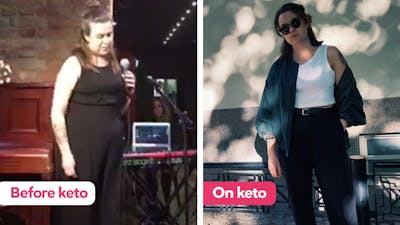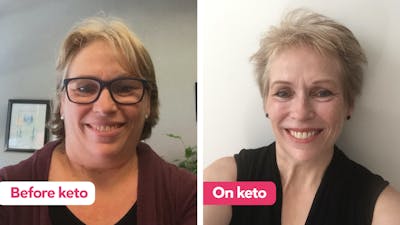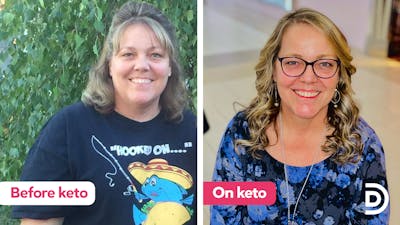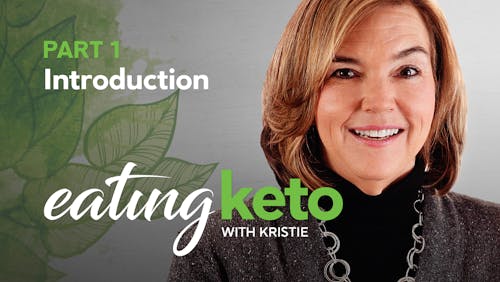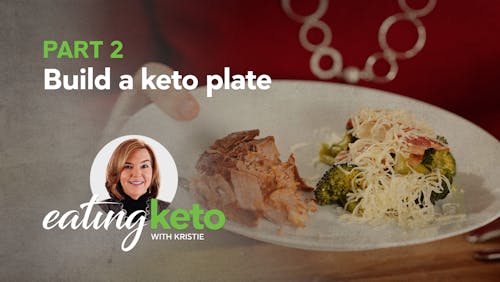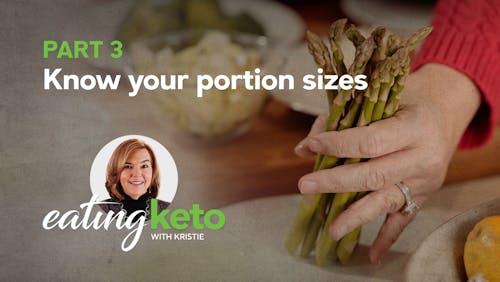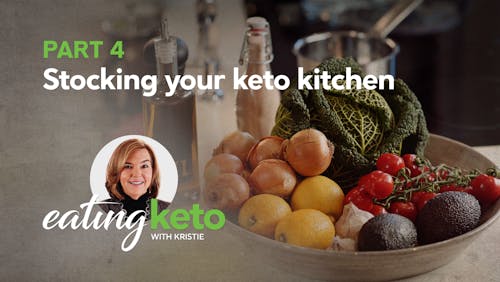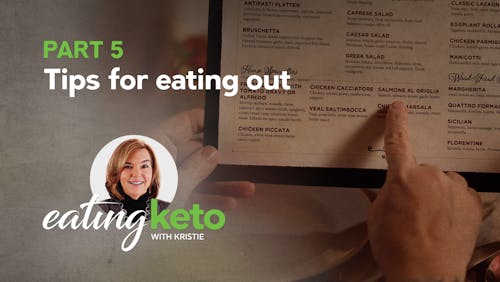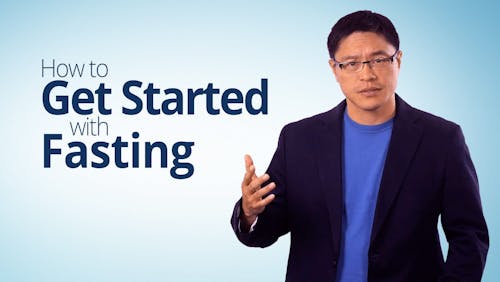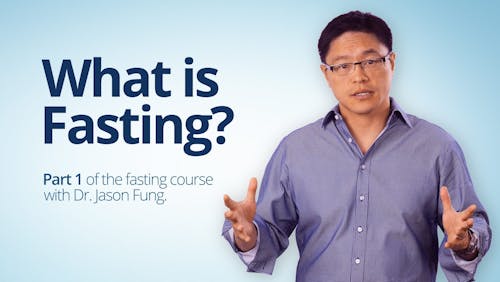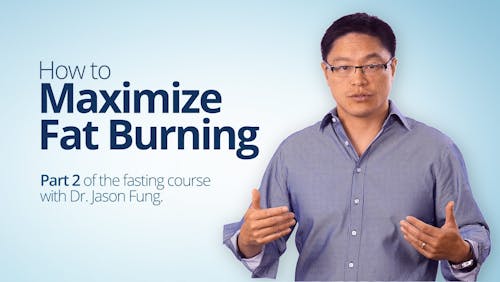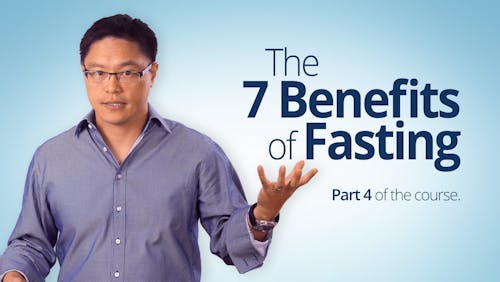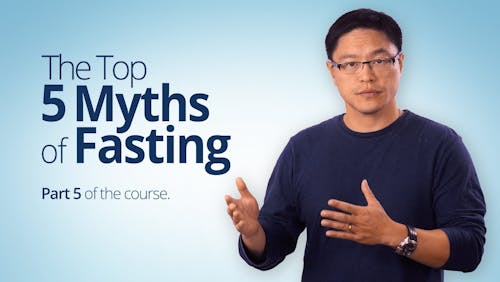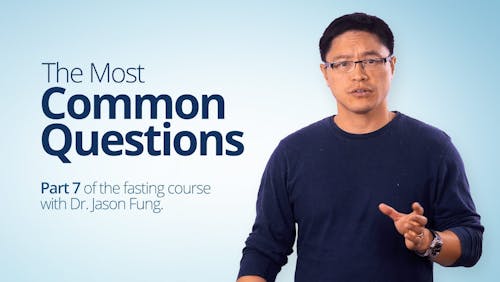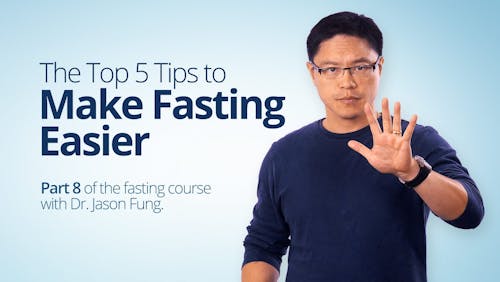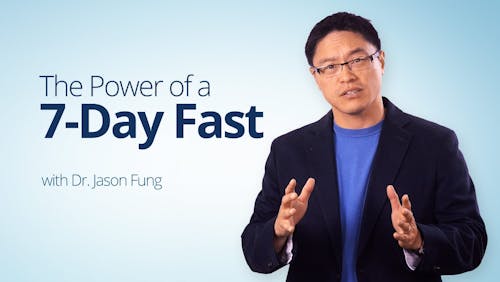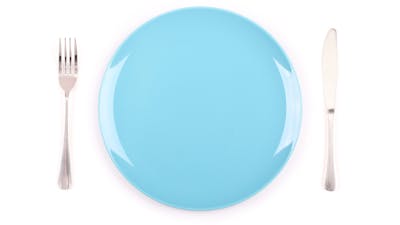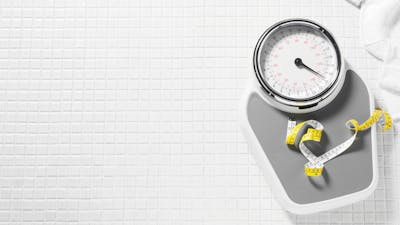‘All biomarkers indicate I’m in the best health of my life’
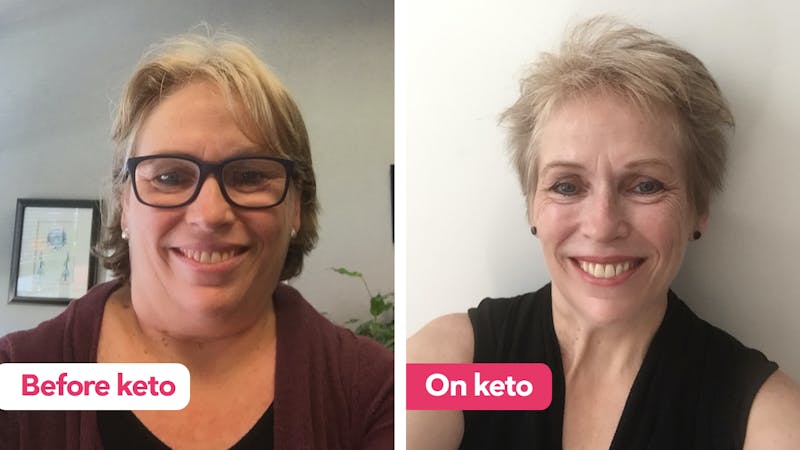
Meet Elizabeth, a 57-year old from Canada, who, after starting a keto diet, became symptom-free of a rare genetic disease that plagued her all her life.
Before starting keto, the disease, known as myoclonic epilepsy with ragged red fiber (MERRF), mostly presented itself as large lumps on Elizabeth’s body. In addition to this, Elizabeth experienced debilitating fatigue, weight gain, and pre-diabetes.
Today, Elizabeth weighs 51 pounds (23 kilos) less, feels fantastic, and she says, “All biomarkers indicate I’m in the best health of my life.”
Here, Elizabeth shares her full story, which has been lightly edited for length and clarity.
What’s your name, age, and where do you live?
My name is Elizabeth, age 57. I live in Vancouver, British Columbia, Canada.
How did you discover keto?
My older brother, who lives in the UK, was trying the keto diet to treat his glioblastoma, an aggressive form of cancer. Unfortunately, he passed away two years ago. Knowing I was struggling with health issues, he referred me to Diet Doctor.
Did you have any health or weight struggles before going keto?
I have a very rare condition called MERRF, myoclonic epilepsy with ragged red fiber. It’s a mitochondrial disease with no therapy or cure.
In November 1997, my first child tragically died from complications of this condition. Everyone in my large extended family has the same diagnosis, but it presents differently and to different degrees.
The way MERRF presented itself for me was in the formation of very large lipomas, a type of fatty lumps, in my upper back and shoulders. These increased dramatically in size when I entered menopause.In March 2017, I was also diagnosed with pre-diabetes, and I also take medication for hypothyroidism.
What were you eating before making this lifestyle change?
My diet was the Standard American Diet (SAD), focusing on whole grains and modest amounts of lean meat. I was moderately active, a social drinker, and a non-smoker.
When did you start keto?
In May 2017, I began a keto diet since I had no other medical alternatives.I had had surgery to remove a 7-pound (3-kilogram) lipoma from my upper back and suffered a metabolic crisis. I was placed on long-term disability and was told by my medical team that I had a “progressive disease for which there was no cure or therapy.”
The medical professionals that I saw told me to wait and see what happened. I waited six months and continued to gain weight due to debilitating fatigue, and my remaining lipomas continued to grow at an alarming rate. I was further diagnosed with pre-diabetes.
The standard of care was not working for me, and I felt I had no choice but to look at alternatives outside the standard of care.
In what ways has your health improved since starting keto?
I used the keto diet to drop weight, and I lost over 51 pounds (23 kilos) in six months. After three months on the diet, I began exercising and added in time-restricted eating.
I researched all these interventions using apps and was monitored carefully by my medical team. After six months and many blood panels and MRIs, my specialist told me my body was healing itself. I returned to work after 18 months on disability and continue to enjoy good health, some three years later.
As of January 2020, and according to my specialist, I’m asymptomatic for my mitochondrial disease. Currently, all biomarkers indicate I am in the best health of my life.What does a typical day of eating look like for you now?
I eat whole foods and avoid processed foods and oils. I generally eat one meal a day around noon, but my eating window is quite flexible based on my social or work schedule. I eat to satiety with an emphasis on protein as I’m an older female who lifts weights. Every three months, I do a five-day (120-hour) water fast.
Have you made any mistakes on your journey?
Absolutely. I underestimated my need for supplements and hydration but have learned over time to manage both better. It’s challenging to find reliable guidelines as healthcare guidelines are based on the SAD.
Do you think exercise is necessary for success on keto?
Exercise was not necessary for me at the beginning of my journey. It came to be essential as I progressed and was one of the most effective epigenetic levers that I used to improve my mitochondrial function. I work with my local university and with a professional kinesiologist in planning my exercise program. I could not lift a cup of tea at my worst. Now I can deadlift 110% of my body weight.
What are your top three tips for people starting low carb?
- Clean out your pantry of all high carb or unhealthy foods.
- Talk to your family about your plan and ask for support.
- Do your research before jumping into the program.
- TALK to your doctor if you have an underlying condition as medication may need to be adjusted.
Final notes
My medical team and I have published an article in the Mitochondrion Journal and we are still in the embargo period (ends March 2021) I maintain an educational website for patients at theeducatedpatient.ca and my Twitter account is @ElizabethNade11.
Comment
Congrats on your amazing success Elizabeth! Your journey is an inspiration to everyone who has been told “there is nothing we can do.” Improving nutrition and lifestyle is always an option for regaining health. You are a shining example of that. Keep up the great work!
Best,
/ Dr. Bret Scher
More success stories
Check out our most popular success stories below, or view all stories we’ve ever published here.
Share your story
Want to share YOUR success story with Diet Doctor? Visit our success story submissions page to get started.
Share your storyLearn how to eat keto
Learn how to fast
